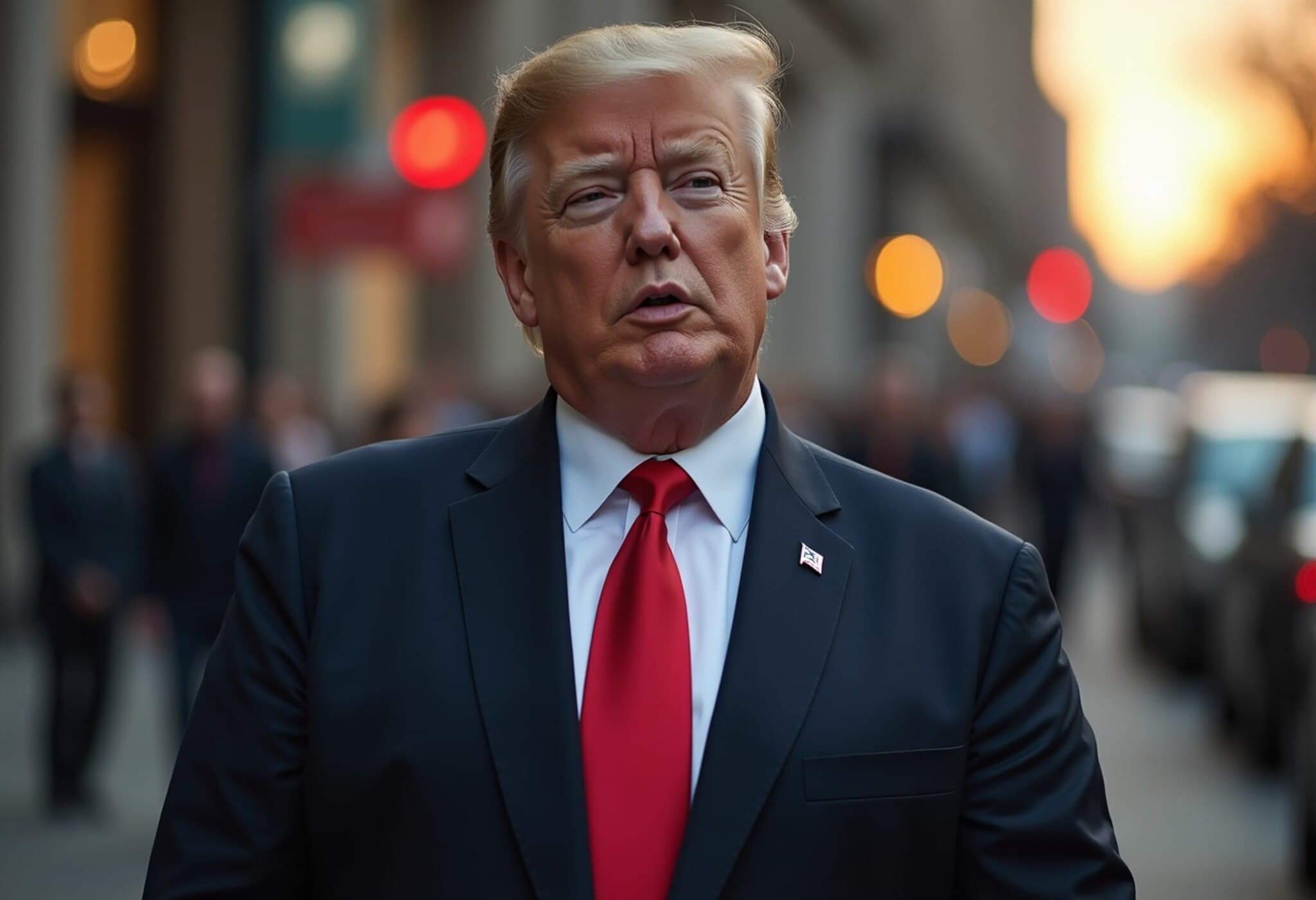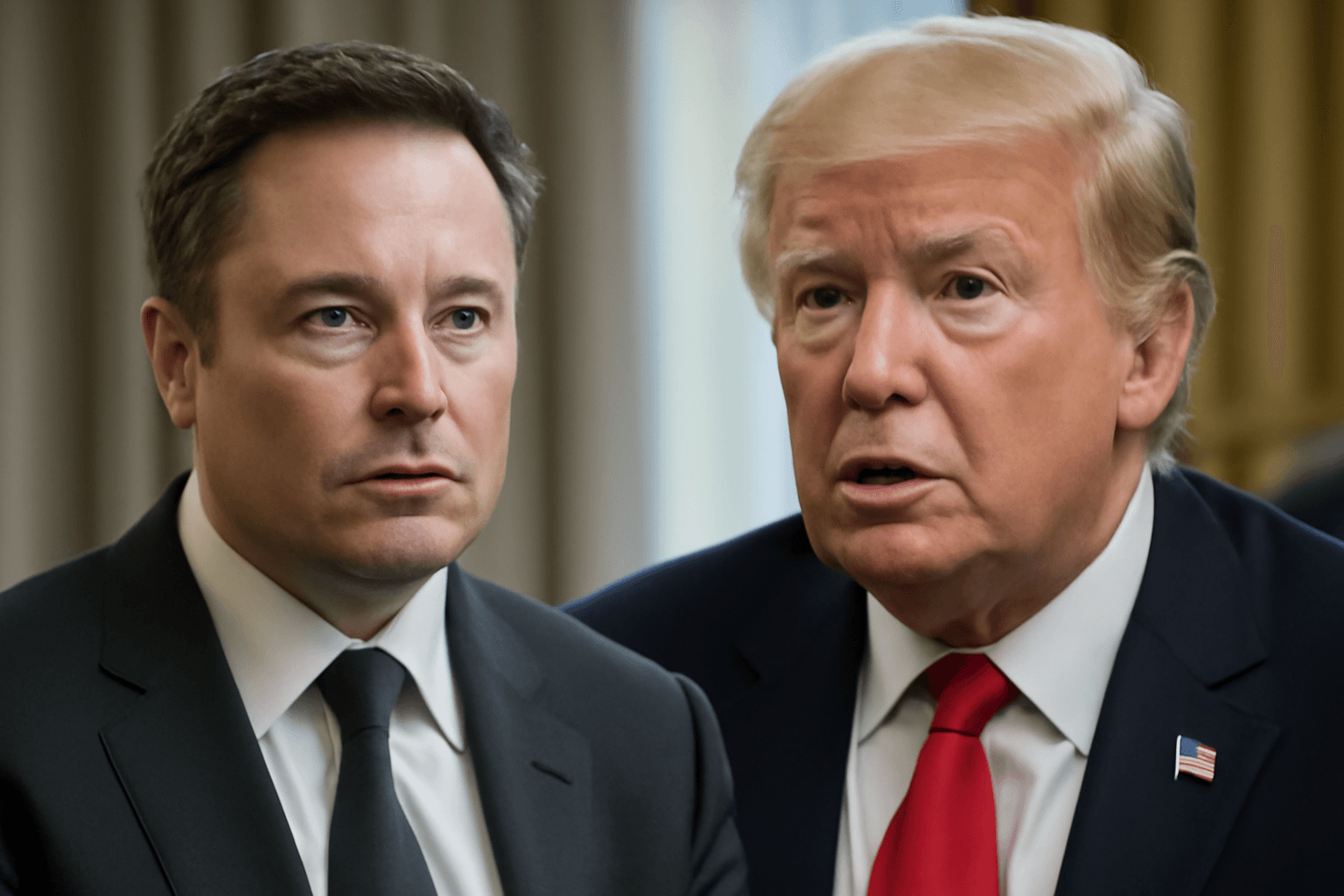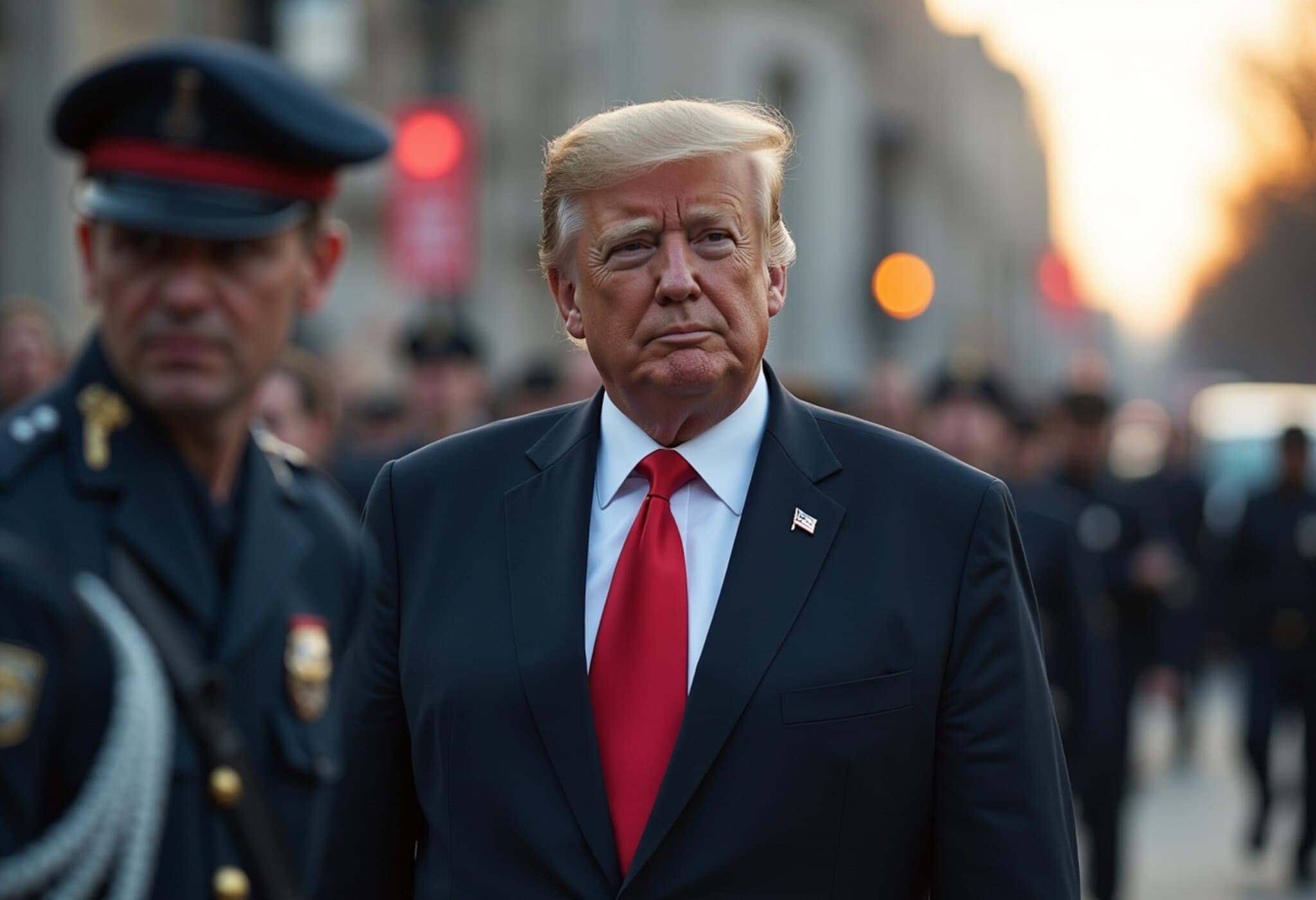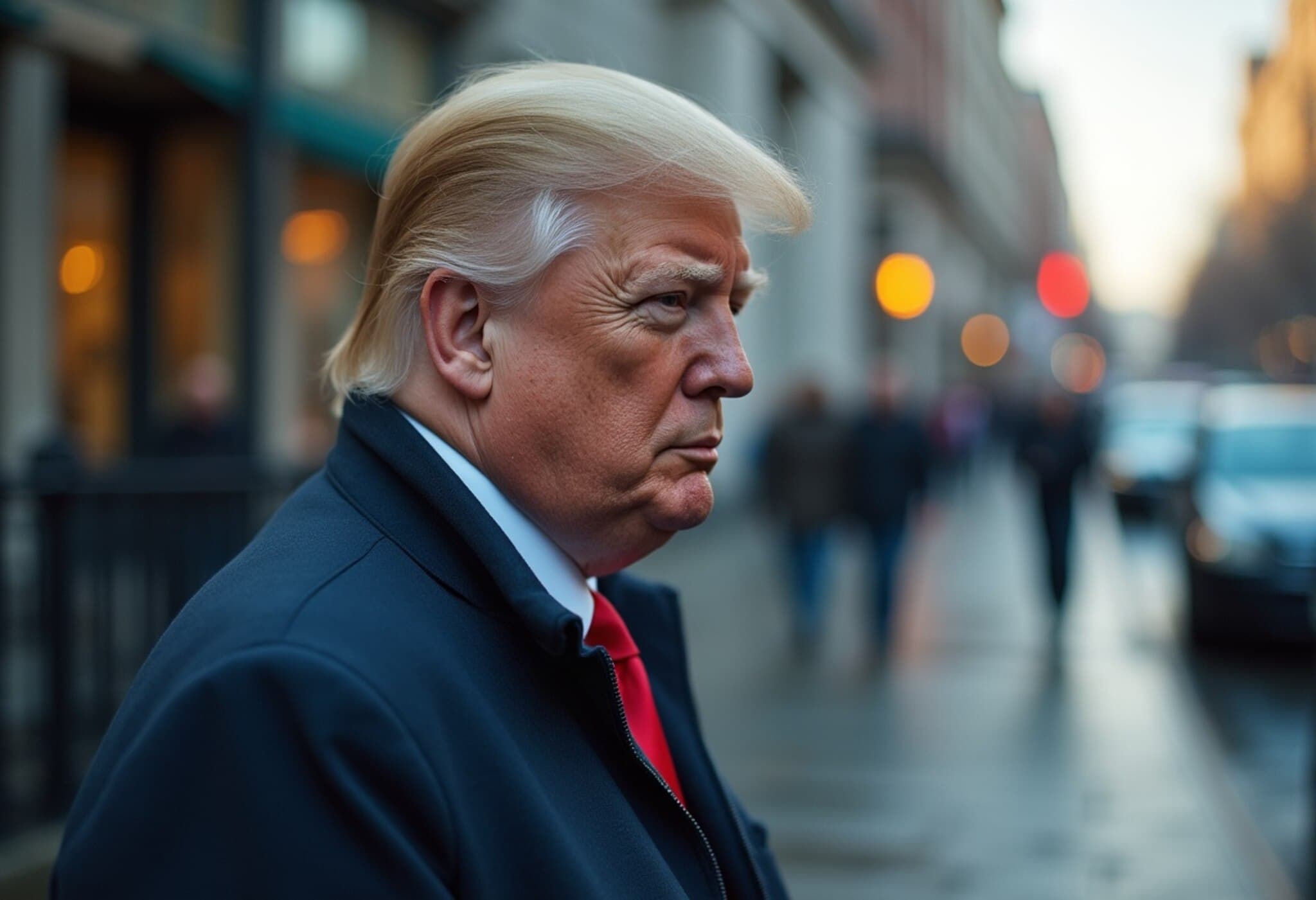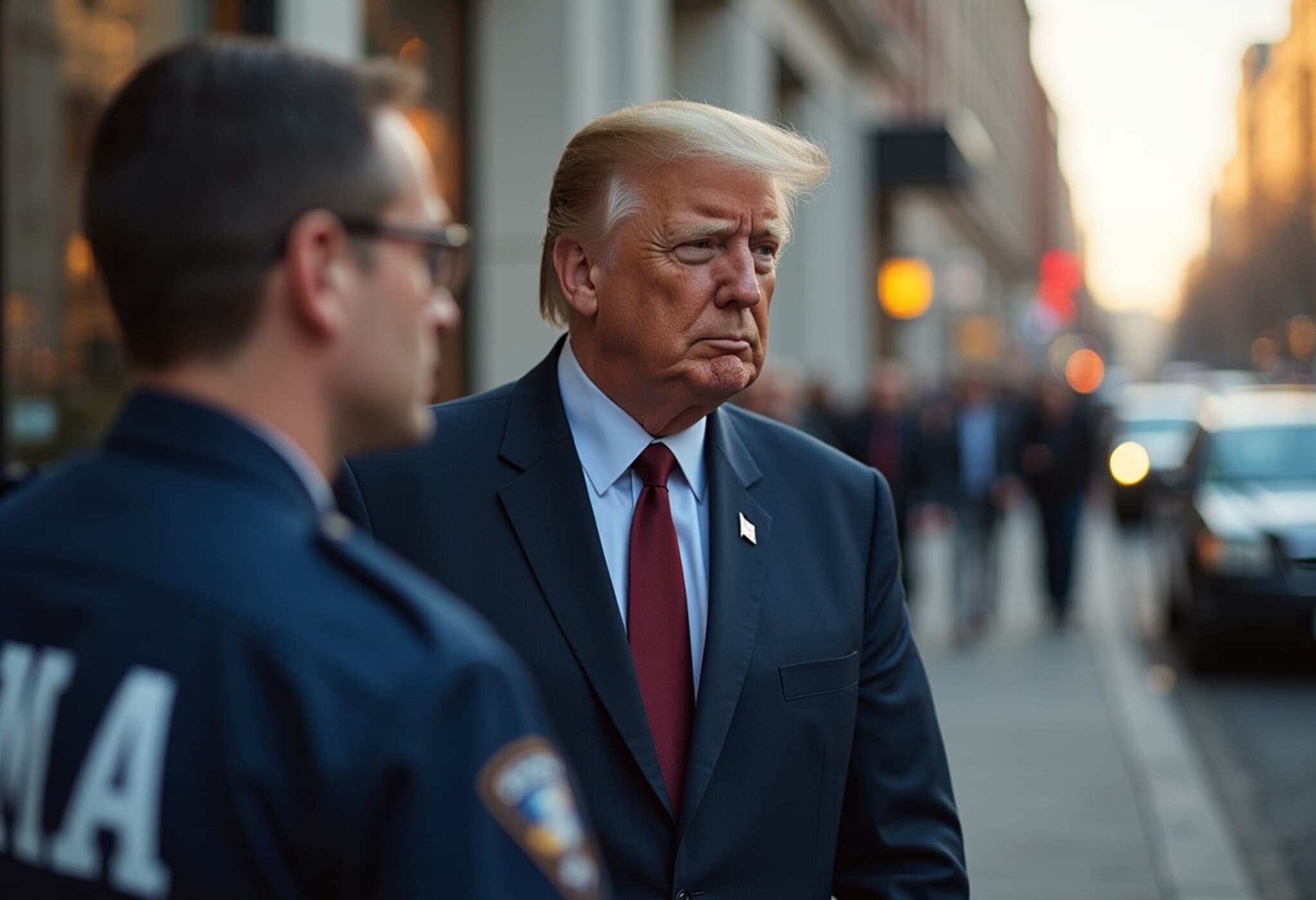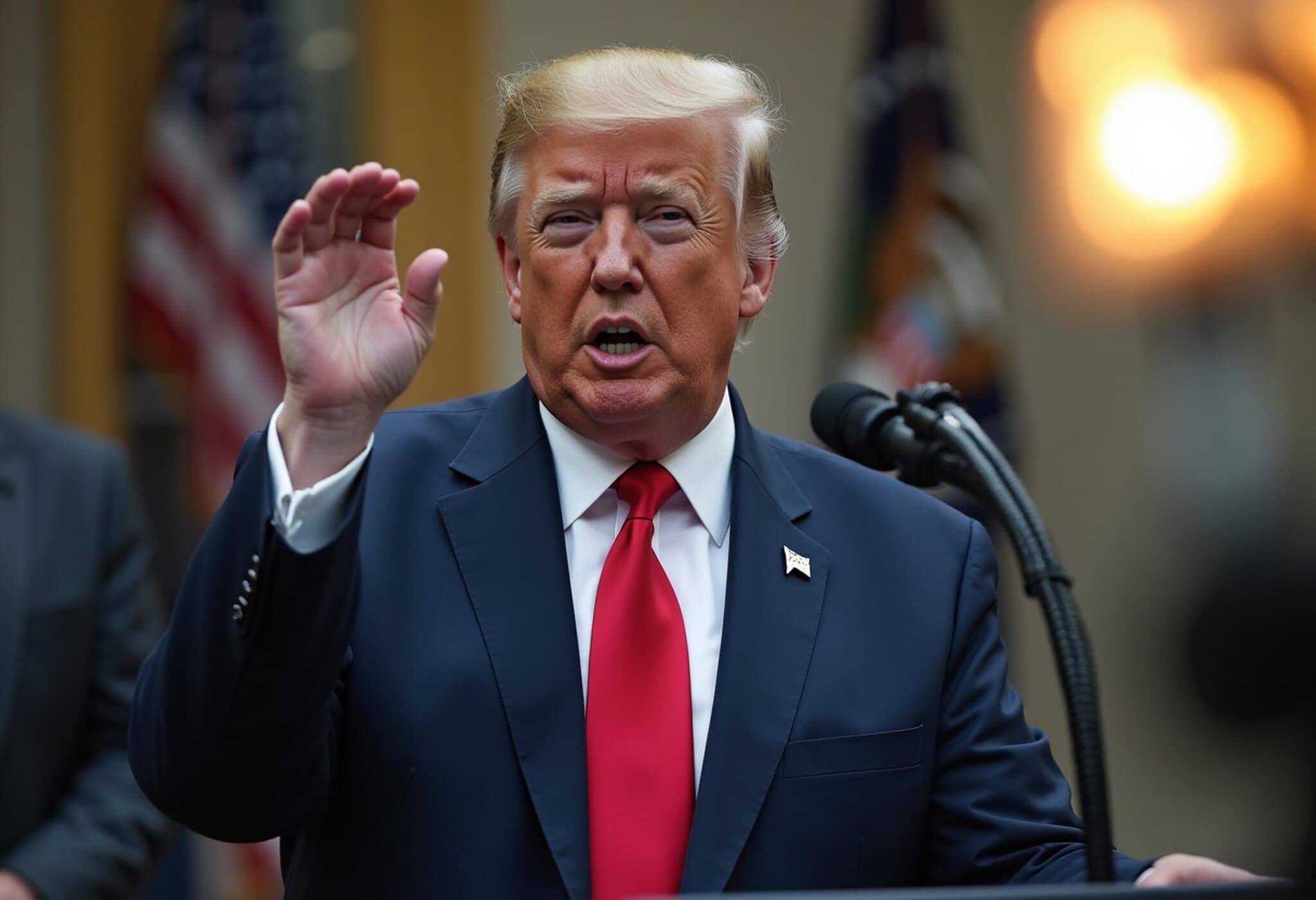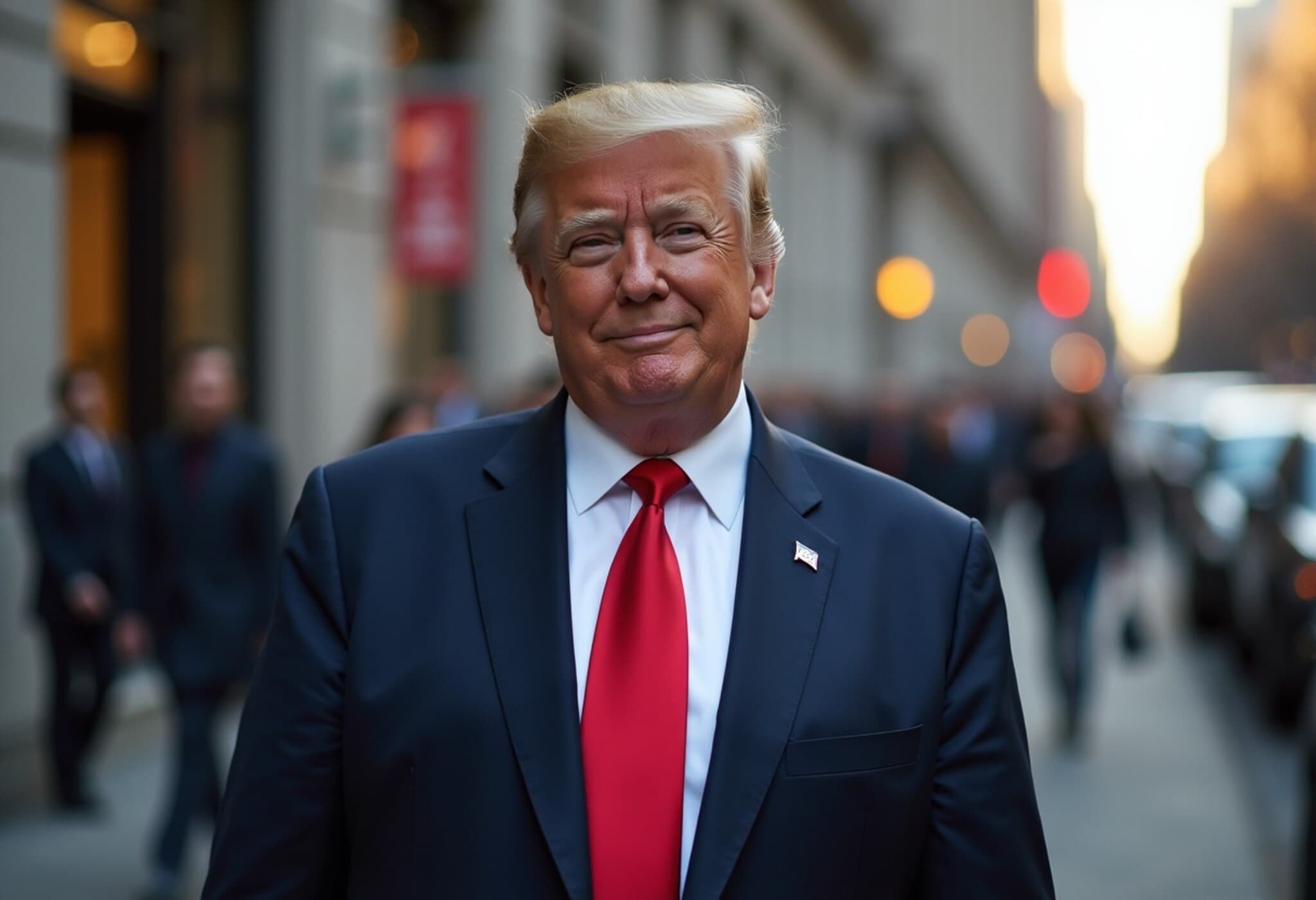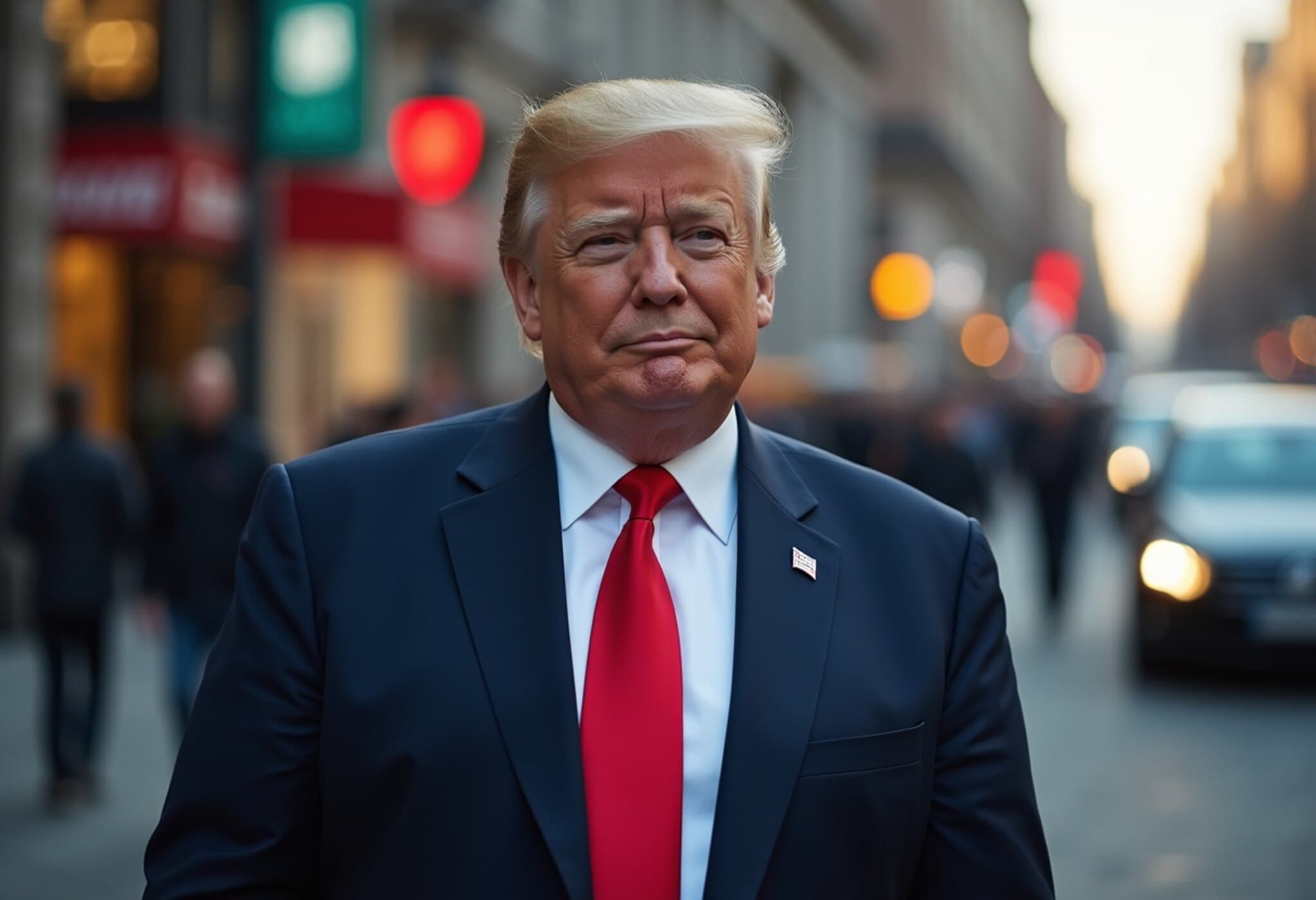Trump Administration Moves to End Elon Musk’s Federal 'Five Things' Email Initiative
In an unexpected but telling shift, the Trump administration is set to officially terminate a contentious program introduced early this year by billionaire and former presidential adviser Elon Musk. The directive, which compelled federal employees to submit weekly emails listing their "five things"—or key accomplishments from the prior week—has stirred significant internal debate since its launch in February 2025.
Background: The Rise and Stumble of Musk’s Accountability Drive
Elon Musk’s push for greater accountability within the federal workforce emerged through his role leading the Department of Government Efficiency, a key agency tasked with trimming government spending and shrinking federal employment rolls. This initiative required departments to send weekly summaries by email outlining employees’ top achievements, aimed at increasing transparency and productivity.
However, the measure quickly sparked friction with government leaders and workers alike. Many department heads were reportedly caught off guard by the sudden mandate, and employees received conflicting messages on whether to comply. Behind the scenes, rumors swirled about the initiative’s operational burdens and questionable returns on investment.
Tensions Between Musk and Trump Shadow the Program’s Demise
Originally a high-profile supporter of the Trump administration, Musk’s relationship with the president soured sharply earlier this summer. After publicly criticizing Trump’s tax cut and spending legislation, Musk found himself in the crosshairs of Trump’s ire. Prominent Musk allies, including tech entrepreneur Jared Isaacman, saw their NASA leadership nominations rescinded, and Musk’s companies reportedly faced threats of losing lucrative federal contracts.
This fallout is believed to have catalyzed the decision to scrap the "five things" initiative—a potent symbol of Musk’s brief but disruptive federal tenure. Sources familiar with the matter indicate the Office of Personnel Management (OPM) will announce the end of the program imminently, signaling a recalibration of workforce management strategies under new leadership.
Operational Challenges and Policy Shifts
Scott Kupor, who assumed leadership of OPM in July, publicly acknowledged the inefficiencies of manually processing the weekly emails, describing the effort as "very manual" and questioning its effectiveness. The move to discontinue the program aligns with broader attempts by the White House to improve agency coordination and reduce bureaucratic burdens placed on federal employees.
Notably, this development follows reports that the White House installed loyalists within OPM to streamline policy alignment—a strategic choice that may further dilute Musk’s earlier reforms.
What This Means for Federal Workforce Management
- Culture Shift: The end of this controversial email mandate could signal a pivot towards more flexible, less intrusive performance management practices.
- Internal Morale: Federal workers, many of whom expressed frustration over the additional reporting requirements, may welcome relief from the weekly administrative load.
- Policy Lessons: The episode highlights challenges when private-sector efficiency models are imported wholesale into government settings without sufficient adaptation.
- Political Undercurrents: The Epstein-like clash between Musk’s reformist zeal and Trump’s political calculations raises critical questions about how innovation and dissent coexist within federal governance.
Expert Perspective: Balancing Accountability with Employee Engagement
Government efficiency experts caution that while transparency and performance tracking are essential, mandates must be carefully designed to avoid unintended consequences. Nancy Williams, a public administration scholar, notes, "Programs like Musk’s 'five things' email can boost visibility, but if they create more noise than signal, they risk alienating the very workforce they aim to motivate." She urges tailored approaches that consider agency-specific cultures and workloads.
Looking Ahead: What Comes After Musk’s Experiment?
With Musk’s departure from the administrative stage and the discontinuation of his signature reporting tool, federal agencies are at a crossroads. The challenge will be to foster accountability in ways that respect employee autonomy and improve operational effectiveness without adding unnecessary friction.
Questions for Policymakers and the Public
- How can government leaders harness innovation without igniting resistance among civil servants?
- What frameworks can better measure federal employee contributions beyond quantity-focused reporting?
- To what extent should political dynamics shape or stall administrative reforms?
Editor's Note
The rise and rapid fall of Elon Musk’s 'five things' email initiative offers a revealing case study on the interplay between top-down innovation, political relationships, and bureaucratic realities. As federal agencies seek ways to modernize, the key takeaway may be that successful reform requires balance—melding accountability with empathy, and ambition with practical adaptability. Readers should consider how this episode reflects broader tensions facing government modernization efforts nationwide.

